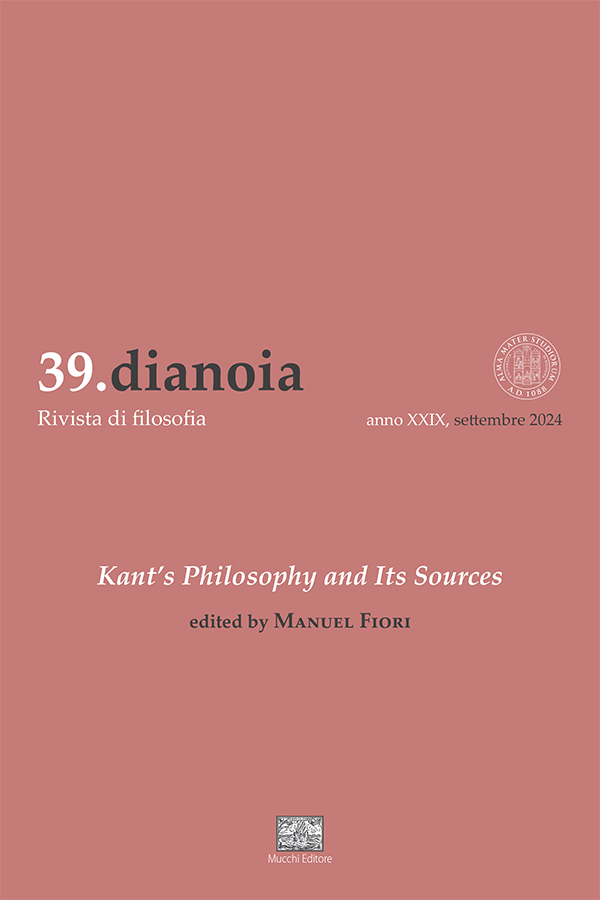I start from what I call Ptolemaism, that is, the objection according to which Kant is more akin to Ptolemy and his geocentrism than to Copernicus – an objection common among the proponents of neorealism (Meillassoux, Ferraris, Gabriel). I argue that this objection also points to an anthropocentrism, subjectivism, and even a speciesism in Kant’s proposal regarding the conditions that make knowledge possible, essentially at the core of his transcendental approach to analyzing knowledge. Besides clearing up the fundamental misunderstanding of this interpretation, based on Copernicus’ work and Kant’s own words, I will attempt to show the close connection that the philosopher himself saw with the astronomer, and how this extended to crucial passages in his Critique of Pure Reason, like the Transcendental Deduction, especially in its 1787 reformulation. Finally, in challenging the anthropocentrist objection, I unveil the meaning of the references to human nature and knowledge and how, in the author’s project, these references involve the transcendental perspective – this time clarified alongside the observational strategy of the revolutionary Copernican perspective.
Keywords: Kant, Copernicus, Transcendental Deduction, Neorealism, Anthropocentrism.

